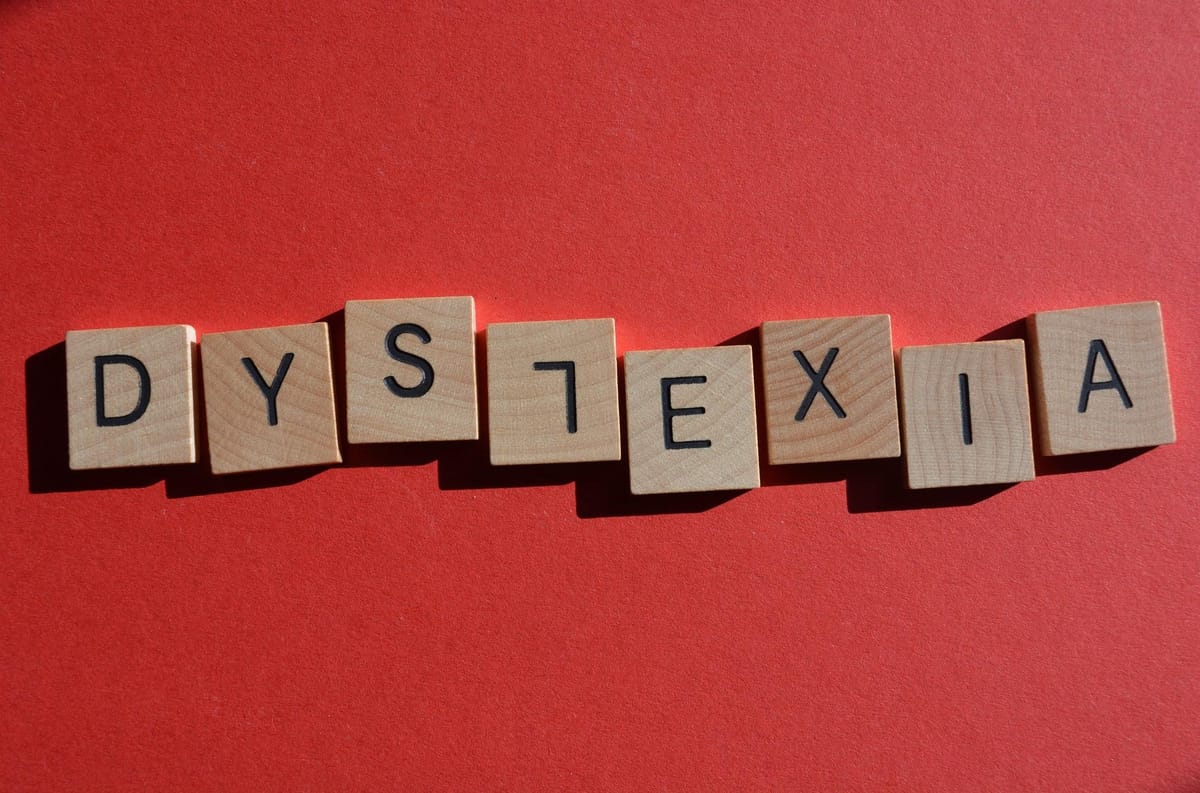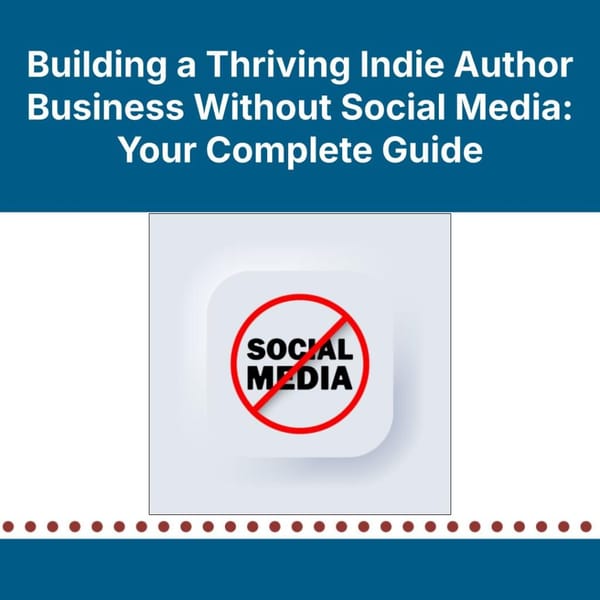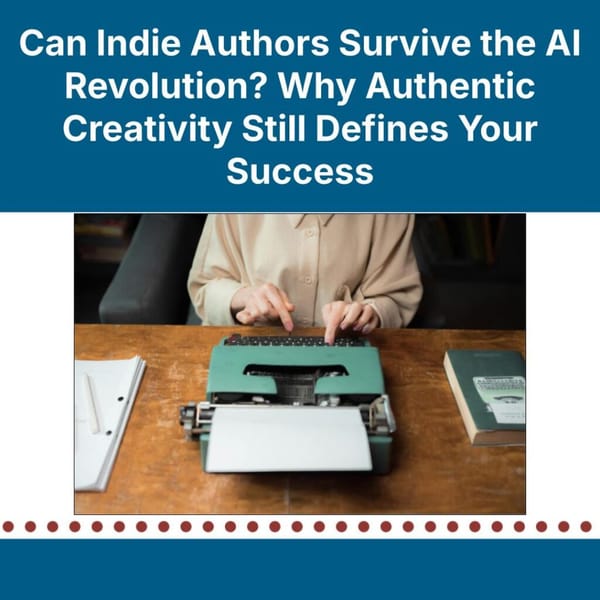I’m dyslexic, and my family says I should focus my creative energies on arts like pottery, but in my heart, I know I want to write. Are there any other dyslexic writers out there?
Dyslexic in Dysart
Dear …?
You know, often people label themselves as Frustrated from Fairbanks or whatever, and regular fans of my humble missives will know that I often change their names before we begin. And I feel on this occasion, darling Dyslexic in Dysart, that there has never been a greater need than now to challenge your label.
Dyslexia is more than an inability to read like a mainstream neurotypical (NT) person. Dyslexia, dysgraphia, and dyscalculia offer the world an alternate viewpoint. And my sweet Discoverer in Dysart, isn’t that the very essence of being a writer?—the ability to reimagine, to see the world through a different lens.
Your family has spotted that you are creative. Of course they have. People with neurodiverse filters are a veritable cornucopia of great ideas and fascinating concepts and constructs that serve to enrich the world for the rest of us. And that is all you have: a different, beautifully creative filter on the world.
Instead of seeing this as an obstacle, think of it as a superpower. Now you need to assemble a team or a fancy utility belt around you to maximize that superpower—even the Avengers couldn’t do it alone.
So what do you need?
When I quickly googled Marvel for this response, the official site came back with a glossary of 2,631 characters—2,631! Each one had their own offering to the universe and their own adaptations to normal life.
Equally, not all dyslexics are the same. You may also present with signs of ADHD or other diagnoses. Superheroes come in all shapes and sizes and have adapted accordingly—not only to operate more efficiently in a non-superhero world but also to maximize their particular talents.
I’m going to mix up my DC and Marvel characters here, but heading over to DC Comics, let’s explore two classics that have been reimagined over and over again—Batman and Superman. Superman struggles to fit in as Clark Kent, hiding his abilities until he passes a handy phone box. Bruce Wayne has no superhuman gift but has used his enormous wealth to create a range of tools in his lair to call into action whenever Gotham sends up the Bat-Signal across the sky. You do what you have to do to save the world, right?
I presume you have had a formal assessment and diagnosis. You will, therefore, already have a handle on what tips and techniques can help guide you through this neurotypical world. But could you try new strategies or find people to ask for help?
Are you a Batman? Do you need to build yourself a lair filled with cutting-edge technology? I am thinking of digital platforms with nifty algorithms that will help you improve your writing. Scrivener may help you organize all your creative thoughts in one place with tools to rearrange and order them in a way that works for you. Software like Grammarly and ProWritingAid will prompt you for spelling, grammatical, and syntax errors. Dragon can capture your spoken word, and text-to-speech apps will help you if you think better using auditory tools. Pinterest is great to help you visualize. Mind-mapping tools can help you create a web of random interconnectedness that Spider-Man would be proud of. I could go on, but like Superman, I am needed back at the day job, and my outerwear is giving me a wedgie.
I suggest you review past issues of this illustrious publication and check out their suggestions.
If you are more of a Marvel fan, then you need to assemble your Avengers. Ask neurotypical friends and family to read your drafts and edit/proofread your work in progress before submitting to an editor.
One tip I read somewhere was to write in Comic Sans. Personally, I really miss that font. It used to be ubiquitous but is now the social outcast of the font community. Try it out—it’s supposed to work wonders for people with dyslexia. Just remember to convert back to something boring like Times New Roman or Ariel before you send your work out into the world, or people will think you are the Joker!
Oh, and dear Discoverer, as to the final part of your question: Are there any other dyslexic writers? Of course there are. You might recognize a few of these creative names: F. Scott Fitzgerald, Agatha Christie, WB Yeats, Gustave Flaubert, George Bernard Shaw, John Irving, Sally Gardner, Patricia Polacco, Ahmet Zappa, and Jules Verne.
Happy writing,
Indie Annie
x









